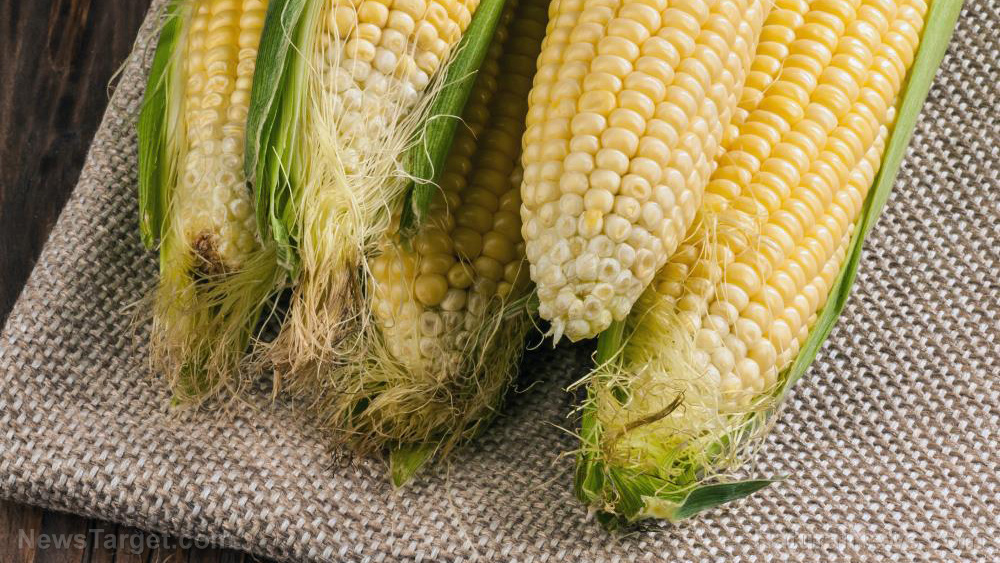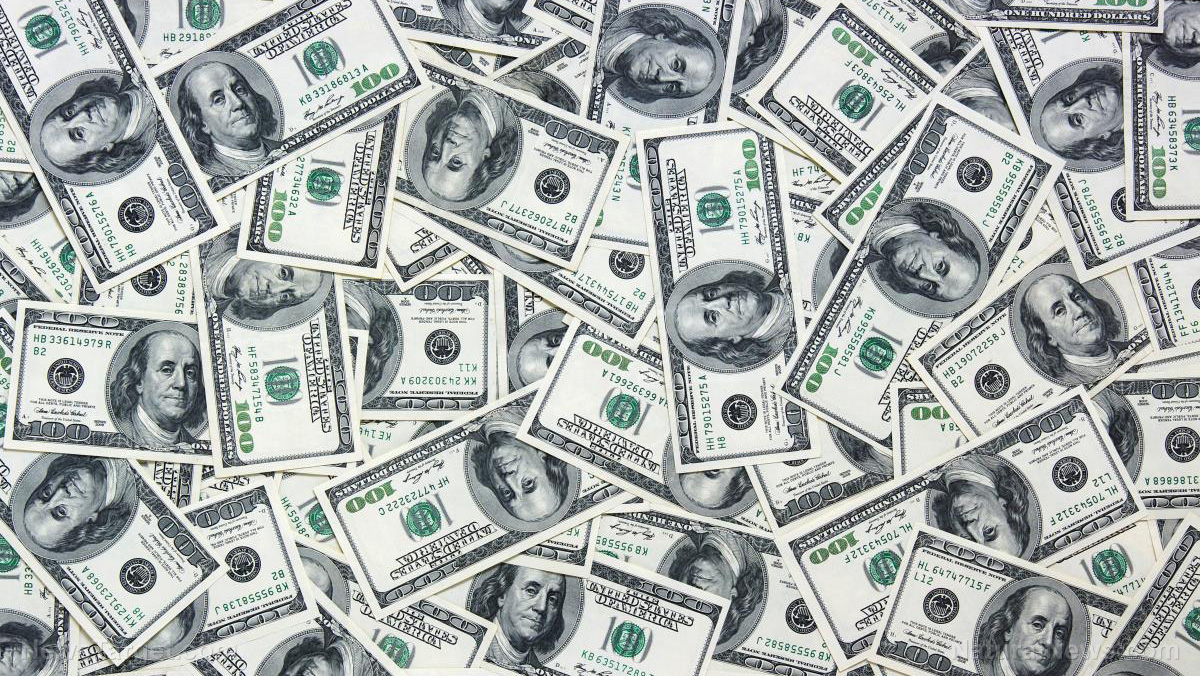China buying up American corn due to flooding, creating food shortage crisis
08/03/2020 / By Ethan Huff

Unprecedented flooding in communist China’s major food-producing regions is spiking demand for American corn, which is putting immense strain on already limited supplies.
According to the U.S. Department of Agriculture (USDA), exporters here in the United States recently sold 1.937 million metric tons of corn to China, which is the third-largest deal for exported grain in our country’s history.
The runner-up was another recent sale earlier this season of 1.762 million tons of corn, creating a combined total of 3.699 million tons of American corn that has been exported to China just this summer alone.
Reports indicate that China has been ramping up its import of U.S. corn since March, the same month that a Wuhan coronavirus (COVID-19) pandemic was declared by the Trump administration.
Much of this corn is destined for animal feedlots in China, which started to become bare after China was largely cut off from receiving barley imports from Australia. China is purchasing American corn not only from this season, which ends on August 31, but also from next season.
“That puts China on a path to meet or exceed the World Trade Organization’s quota of 7.2 million tons of corn imports from any country in the year,” reports Bloomberg, as syndicated by MSN.
If the Three Gorges Dam fails, China will need as much food as it can get
As we reported, excess rains in and around the region where China’s failing Three Gorges Dam is located have created a dire situation for the nation’s nearly 1.4 billion people, who could face mass starvation.
China claims to have things under control, and insists that the Three Gorges Dam is just fine. But many are speculating based on satellite imagery that the dam could be bowing, and that what lies below is at risk of major inundation should it ultimately fail.
In the meantime, China is hoarding up agricultural goods, many of which are being imported from the U.S. While China purchased $24 billion worth of food from the U.S. back in 2017, that number has soared to $36.5 billion this year, a more than 50 percent increase.
If China is able to successfully reach its import quota, this could spell good news for President Donald Trump, whose support from farmers ahead of the upcoming election in November is likely to see a significant boost.
In addition to corn, China is also buying up American soybeans to the tune of 1.925 million tons in the week ending on July 23. This represents the biggest weekly total since November 17, 2016, right after Trump was elected president.
All this buying is taking place amid an escalating conflict between the U.S. and China. China is accusing the U.S. of stoking a new Cold War, while the U.S. has indicated that Chinese Communist Party (CCP) is “the central threat of our times.”
Some worry that China will slow its agricultural purchases as the situation further degrades, with China already showing signs of slowing down in soybean purchases. At the same time, China needs these soybeans and anything else it can get its hands on in the event that the Three Gorges Dam turns into an all-out disaster.
“We have also sold a huge amount of pork, even as food and meat prices have gone up as consumer buying power has gone down,” notes one AgWeb commenter about the situation.
“I do not want to weaponize the world food supply, but I have no desire to impose hardship on our own people either, particularly when it enriches a select few.”
For more related news about the shifting sands of agriculture in this uncertain time, be sure to check out FoodSupply.news.
Sources for this article include:
Tagged Under: chaos, China, Collapse, corn, economy, exports, Flooding, food shortage, food shortages, food supply, harvest, natural disaster, Three Gorges Dam, trade deals
RECENT NEWS & ARTICLES
COPYRIGHT © 2017 COLLAPSE.NEWS
All content posted on this site is protected under Free Speech. Collapse.news is not responsible for content written by contributing authors. The information on this site is provided for educational and entertainment purposes only. It is not intended as a substitute for professional advice of any kind. Collapse.news assumes no responsibility for the use or misuse of this material. All trademarks, registered trademarks and service marks mentioned on this site are the property of their respective owners.




















